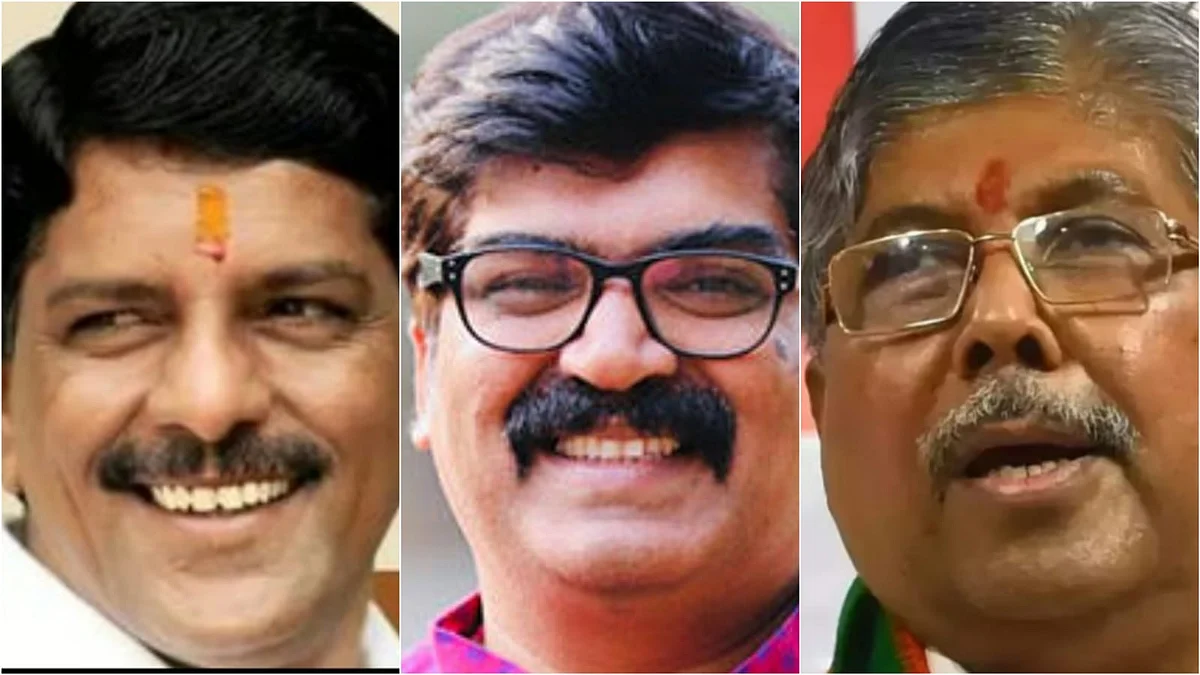The Pune Municipal Corporation (PMC) Health Department operates the Urban Poor Medical Assistance Scheme for underprivileged, needy, low-income, and slum-dwelling residents of the city. It also runs a medical assistance scheme for current and former PMC employees.
Under these schemes, dialysis services are provided in collaboration with private institutions across eight dialysis centers throughout the city, as well as in 37 private hospitals on the PMC panel. However, the rates for dialysis services vary at each location, and PMC is facing financial losses due to a delay in standardizing dialysis treatment rates.
A report from a committee that recommended rate standardization has been pending approval for over six months, leaving the PMC to pay far higher rates for dialysis than necessary, resulting in losses of lakhs of rupees each month.
Vivek Velankar, an activist, said, "PMC should fasten the approval process and implement the standardized rates to minimize the financial strain on the city and residents."
Under the Urban Poor Scheme, PMC provides cover up to ₹200,000 per year to a patient for dialysis. However, the rates charged for dialysis vary widely, with costs ranging from ₹1,350 to ₹2,900 per session. The most extreme disparity exists at the Shivarkar Hospital in Wanawadi, where the rate is ₹400 per session, yet no patients have been treated there.
Approval stuck from January
To counter this, the PMC Health Department sought approval from the then Additional Commissioner on January 19, 2024, to establish a committee to standardize dialysis rates.
The committee was formed accordingly and, after comprehensive analysis, recommended rate caps to be decided. This proposal was submitted on March 14, 2024, to seek the Additional Commissioner’s approval. However, due to the Lok Sabha code of conduct, it was halted.
The Lok Sabha elections got over, but still no decision has been made, resulting in PMC paying substantially higher rates than the recommended rates to hospitals for dialysis bills. Consequently, lakhs of rupees in taxpayers’ money are lost every month, and patients' funds under the scheme are quickly exhausted, forcing them to cover further dialysis expenses on their own.











